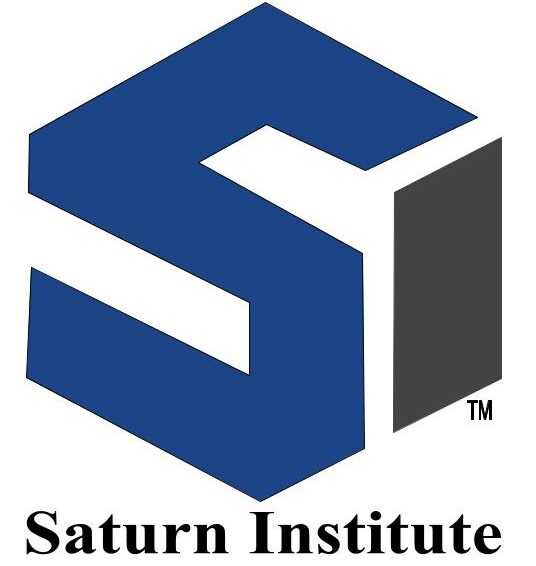If you like to apply for the Director seat please contact the Saturn Institute
Main line 704.352.3258
Email [email protected]
The definition of a Technology Director for a nonprofit institute encompasses a leadership role responsible for the overall technology strategy, infrastructure, and operations of the organization. This individual ensures that technology effectively supports the institute’s mission, programs, research, and administrative functions.
Here’s a breakdown of the key aspects of this role:
Core Responsibilities:
- Strategic Technology Planning:
- Develop and implement a comprehensive technology strategy that aligns with1 the nonprofit’s mission, goals, and budget.
- Identify and evaluate emerging technologies that could benefit the organization.
- Forecast future technology needs and plan for scalability and growth.
- Infrastructure Management:
- Oversee the design, implementation, maintenance, and security of the organization’s IT infrastructure, including networks, servers, hardware, software, and cloud-based services.
- Ensure the reliability, performance, and security of all technology systems.
- Manage and optimize the use of technology resources.
- IT Operations and Support:
- Manage the day-to-day IT operations, including help desk support, system monitoring, and troubleshooting.
- Develop and implement IT policies, procedures, and best practices.
- Ensure timely and effective technical support for all staff and potentially program participants.
- Data Management and Security:
- Develop and implement data management strategies, including data storage, backup, recovery, and security protocols.
- Ensure compliance with data privacy regulations and best practices.
- Protect the organization’s data assets from cyber threats and unauthorized access.
- Software and Application Management:
- Oversee the selection, implementation, and maintenance of software applications used by the organization (e.g., CRM, accounting software, project management tools, program-specific platforms).
- Manage software licenses and vendor relationships.
- Ensure software applications are integrated and functioning effectively.
- Budget Management:
- Develop and manage the IT budget, including hardware, software, services, and personnel costs.
- Prioritize technology investments based on organizational needs and return on investment.
- Vendor Management:
- Identify, evaluate, and manage relationships with external technology vendors and service providers.
- Negotiate contracts and ensure service level agreements are met.
- Training and Support:
- Develop and deliver technology training and support to staff to ensure effective use of systems and tools.
- Create user-friendly documentation and resources.
- Collaboration and Communication:
- Collaborate with all departments to understand their technology needs and provide appropriate solutions.
- Communicate effectively with non-technical staff about technology-related issues and initiatives.
- Staying Current:
- Stay informed about the latest technology trends, security threats, and best practices relevant to the nonprofit sector.
Key Skills and Qualifications Often Required:
- Bachelor’s degree in Computer Science, Information Technology, or a related field (Master’s degree often preferred).
- Significant experience in IT management and operations, preferably within the nonprofit sector.
- Strong understanding of network infrastructure, cybersecurity principles, and cloud computing.
- Experience with various software applications relevant to nonprofit operations.
- Proven ability to develop and implement technology strategies and policies.
- Excellent problem-solving, analytical, and technical skills.
- Strong leadership, communication, and interpersonal skills.
- Budget management experience.
- Ability to work collaboratively with diverse teams.
- Commitment to the mission and values of the nonprofit institute.
In summary, a Technology Director for a nonprofit institute is a strategic leader who leverages technology to enhance the organization’s effectiveness, efficiency, and impact. They are responsible for ensuring that the institute has the necessary technological infrastructure, support, and security to achieve its mission in a sustainable and responsible manner. They act as a bridge between the organization’s goals and the technological solutions that can help achieve them.
